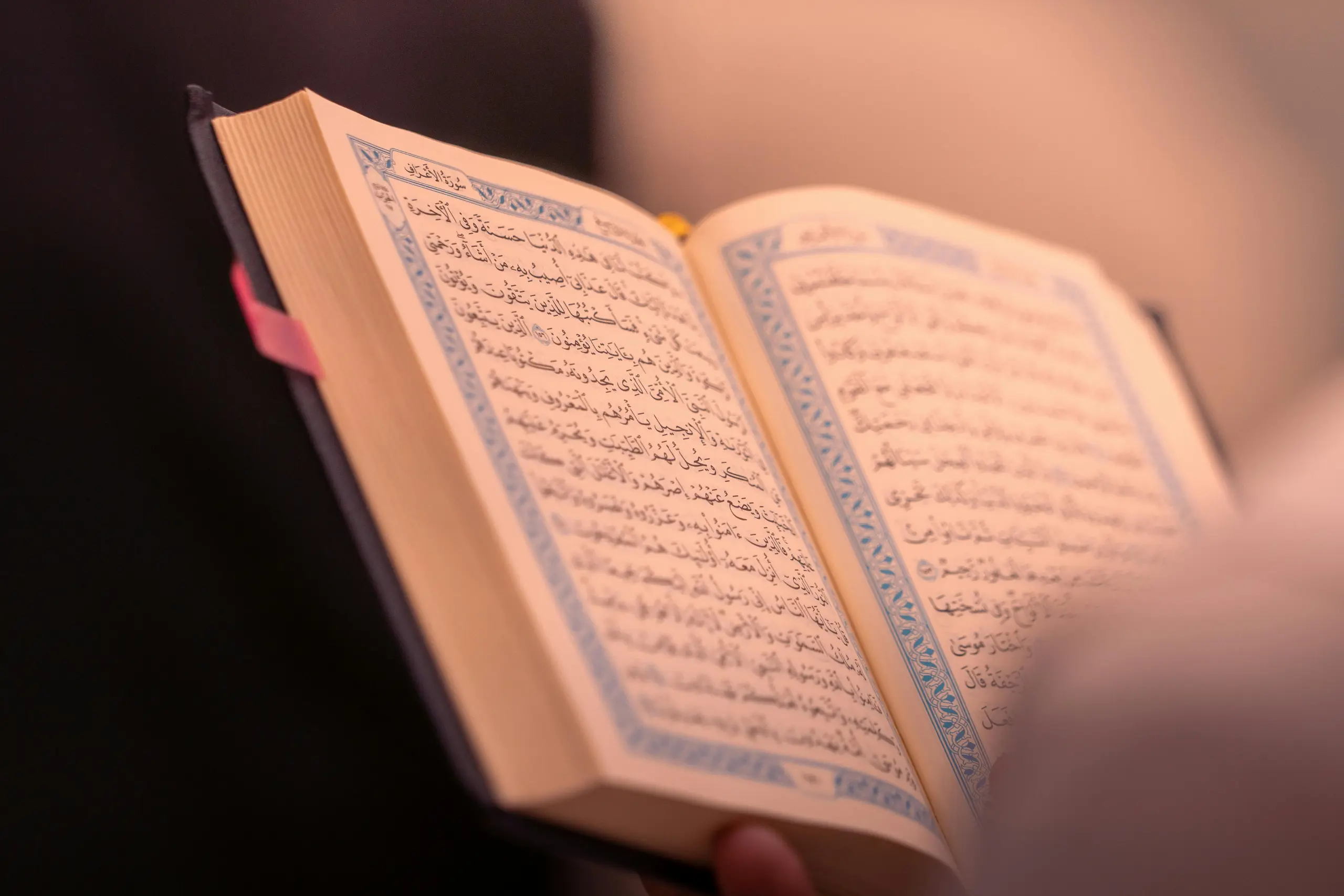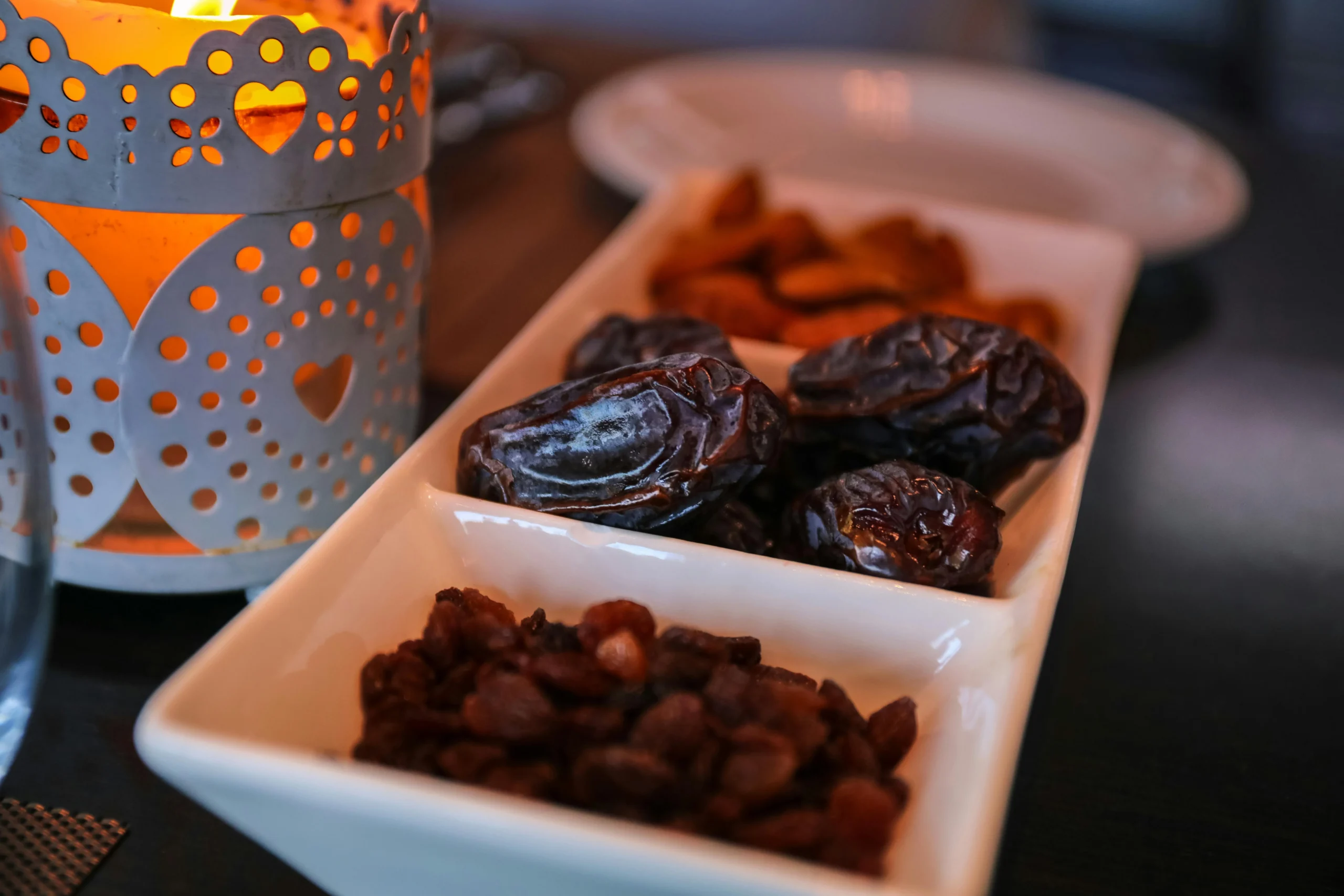

What is Ramadan
Ramadan is the ninth month of the Islamic lunar calendar, observed by Muslims worldwide as a month of fasting, reflection, prayer, and unity. It is a sacred period that emphasizes self-discipline, compassion, and spiritual renewal. Fasting from dawn to sunset strengthens faith, teaches patience, and reminds believers of the blessings they often take for granted. Ramadan also brings families and communities closer through shared meals, prayers, and acts of charity.
When is Ramadan 2026?
Ramadan, the ninth month of the Islamic lunar calendar, holds special meaning for Muslims around the world. It is a time of fasting, reflection, prayer, and community, expected to begin on Tuesday, 17 February 2026, and conclude on Wednesday, 18 March 2026, depending on the sighting of the moon. As the evening approaches, homes fill with peace and the warm glow of faith, reminding believers of their shared devotion and gratitude during this sacred period.
History of Ramadan
The history of Ramadan is deeply tied to the Quran, which was revealed as a guide for humanity, offering proofs and guidance to distinguish right from wrong. As mentioned in Surah Al-Baqara, fasting in this month connects believers to earlier scriptures—the Torah, Psalms, and Gospel—given to Abraham and other prophets. The revelation to Muhammad during Laylat al-Qadr, in the year of Hijra (624 CE), strengthened monotheism and the faith of believers. For me, Ramadan always feels like a period of taqwa, humility, and gratitude, where Allah reminds us that even in hardship, there is ease and spiritual greatness.
The significance of Ramadan
The true significance of Ramadan lies in spiritual growth, devotion, and worship. Through fasting from dawn till sunset, avoiding eating, drinking, and smoking, believers strengthen the Five Pillars of Islam and grow closer to God, learning to feel the suffering of the less fortunate.
Fasting
The essence of fasting lies in spiritual reflection, self-improvement, and sincere devotion to worship. From dawn to sunset, believers abstain from eating, drinking, sexual relations, and sinful speech, striving to cleanse the soul of impurities. This period teaches self-discipline, empathy, and generosity, especially through charity and zakat. Those who are ill, traveling, menstruating, or pregnant are granted ease, showing Islam’s compassion and balance between faith and wellbeing.
Suhur
Before dawn, Muslims rise for Suhur, the pre-fast meal eaten before the Fajr prayer. This quiet time feels peaceful, with families gathering around simple meals, preparing their minds and hearts for the day ahead. Stopping just before dawn, Suhur brings energy and spiritual readiness to face the day’s fast with gratitude.
Sawm
When the sunset nears and Maghrib prayers begin, the fast comes to an end. Following the Sunnah of the Prophet, Muslims traditionally break their fast with dates before sharing Iftar with family and friends. I find these moments deeply comforting, filled with laughter, warmth, and reflection on the health benefits of patience and self-restraint — the true spirit of Sawm.
Iftar
At sunset, families come together to break the fast, reviving Muhammad’s practice by eating dates and offering Maghrib prayer before the main meal. In many homes, Iftar becomes a time of joy and unity, featuring traditional dishes, desserts, and social gatherings. From kebabs and rice pilaf to lokma and baklava, every plate carries the flavor of celebration. In the Middle East, places like the Sheikh Zayed Grand Mosque in Abu Dhabi host banquets for over thirty thousand people each night — a beautiful reflection of community and care.
Nightly prayers
Every night, Muslims gather for Tarawih, the nightly prayers offered during Ramadan. Though not compulsory, these Arabic prayers bring a deeper level of worship, calm, and focus, making every night a peaceful conversation with Allah.
Recitation of the Quran
During Ramadan, Muslims engage in the recitation of the Quran, completing all thirty sections (juz) across thirty days. This habit nurtures consistency and strengthens faith. Reading each verse allows believers to reconnect with divine guidance while the festive counter and countdown to Eid remind us that faith and celebration are beautifully linked.
Charity
Charity in Ramadan takes the form of Zakat, one of the five pillars of Islam, reminding believers to give from their income to the poor. Donating a portion as yearly zakat increases good deeds and reflects true generosity. I’ve learned that giving during this sacred month feels different — it softens the heart and brings peace unlike any other act of kindness.
Collect the rewards of Ramadan by giving to charity
During Ramadan, the Pillar of Islam — Zakat — inspires charity and goodwill. Giving Zakat al-Mal, Zakat al-Fitr, and Sadaqah purifies wealth and strengthens social justice. Acts of compassion, gratitude, and humility help reduce poverty and hunger, multiplying rewards and creating unity within the community.
Cultural practices
Throughout the Muslim world, lights, fanous, and lanterns illuminate public squares and city streets, a custom that began during the Fatimid Caliphate under Caliph al-Mu’izz li-Din Allah. In Old Dhaka, Bangladesh, people enjoy sehri qasidas and Shahi jilapi, while in Java and Central Java, unique traditions like the Dugderan carnival, warak ngendog, and the beating of bedug drums create a lively atmosphere. Across the Arab world, television viewership peaks during iftar and suhoor, where musalsal dramas air in prime time, resembling the Super Bowl of Ramadan.
When is Laylat al-Qadr 2026?
Laylat al-Qadr, the 27th night of Ramadan, falls among the last ten nights, expected around 17 March 2026, according to hadith narrations and updates on the Muslim Aid website. This sacred night offers immense spiritual value — when prayers are heard, sins forgiven, and faith renewed.
Zakat al-Fitr
Before the Eid al-Fitr prayer, Muslims give Zakat al-Fitr, donating staple food items to the less fortunate. Organizations like Muslim Aid ensure food distribution reaches deserving people. During Laylat al-Qadr, charitable deeds are multiplied, turning generosity into blessings. It is compulsory, ensuring everyone celebrates with dignity and inclusion.
Eid al-Fitr
The Eid al-Fitr, known as the Festival of Breaking the Fast, marks the celebration at the end of the month of Ramadan. Following the sighting of the moon, the day of joy, gifts, and community activities begins. Children wear new clothes, families share smiles, and mosques echo with gratitude and peace.
Celebrating Eid al-Fitr
The Eid al-Fitr celebration marks the conclusion of Ramadan, where Salat al-Eid brings families together in prayer, followed by feasting, new clothes, gifts, and acts of charity through Zakat al-Fitr. The festivities radiate joy, peace, and heartfelt blessings, making every home echo with “Ramadan Mubarak!”
Key dates
Mark your calendar: the start of Ramadan is on 17 February 2026, Laylat al-Qadr (Night of Power) is expected on 16 March 2026, and Eid al-Fitr falls on 18 March 2026, marking the end of Ramadan.
